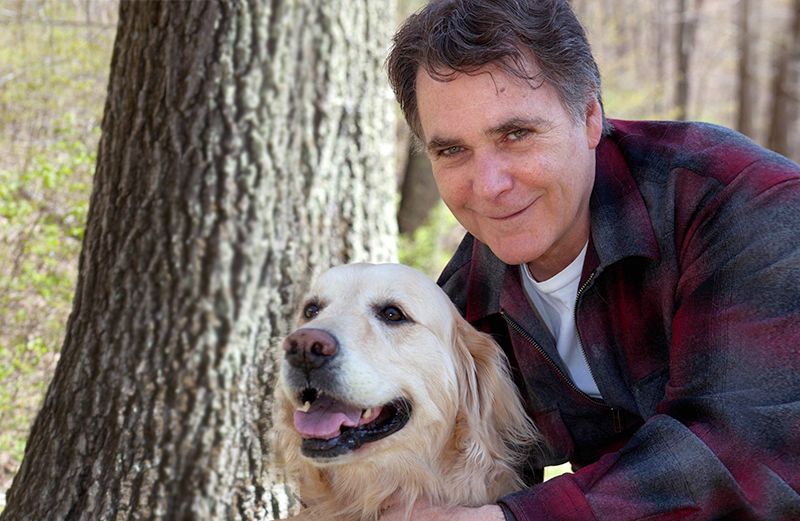A couple of years ago I had to undergo a routine medical test that required anesthesia. The doctor who was performing the procedure was running late. I fiddled with my paper gown while the ambulatory anesthesiologist fiddled with my I.V. line.
She was a tall, young, athletic-looking woman with a spectacular tan for the middle of winter. So I asked her about it. As it turns out, she and her husband, also an ambulatory anesthesiologist, were based in Hawaii.
“We work six months a year on the mainland, primarily in New York,” she said. “There’s plenty of demand here in this field.”
“What, you spend the rest of your time surfing?”
She laughed. “No, we spend most of it volunteering in equatorial Africa, helping to bring health care to people who have no access to it. We just do this to pay the bills.”
I immediately regretted my crack about surfing, but before I could redeem myself the doctor arrived and it was lights out.
I’ve thought a lot about that doctor lately with all the news about the deadly Ebola virus outbreak in West Africa and the coverage on the Christian News Service of the critically stricken American medical missionaries, Dr. Kent Brantly and Nancy Writebol of SIM, who were evacuated to the U.S. for treatment this week.
Predictably, social media erupted (social media is good at that) with a small but vociferous cadre claiming the two patients must be kept out of the country lest they cause a massive outbreak of Ebola here, along with some other fact-free lunacy (the virus of exclusion can be as deadly as any).
Despite the hysteria, reason and compassion ruled the day. Most of the commentary I read supported bringing these two missionaries back to America and trying to save their lives. It was a matter of life and death and there was virtually no chance of them spreading the disease.
Our fear of disease is an ancient one. Contagious illnesses have killed far more humans than all wars put together. Until antibiotics, disease killed more soldiers than the enemy. Pathogens like Ebola, an emergent hemorrhagic fever, are our greatest enemies.
Maybe that’s why I am awed by the amazing courage of doctors and nurses who treat epidemic outbreaks, especially a deadly virus for which there is virtually no effective treatment, raging in an area that has little health care infrastructure (the mortality rate for Ebola patients who are cared for in a modern medical facility drops from 90% to 60%).
No one is more at risk for contracting Ebola than the people taking care of the sick. Medical personnel who risk facing a horrible death in order to serve the sick and needy and protect the rest of us from getting sick have every bit the courage of soldiers going into battle, maybe more.
That’s why it is so dismaying that some people wanted to keep Brantly and Writebol out. It’s like refusing to accept a wounded soldier back from the battlefield.
I did a little research on SIM, the 120-year-old organization the two serve. Of its three founders, two died of malaria in the mission fields. They lived what they preached and followed Christ’s command to love the sick and the poor. What would Jesus do? He’d be right there with them in the heart of a raging epidemic.
I think about my anesthesiologist and her husband and say a prayer for them, for Brantly and Writebol and for people whose names I’ll never know who are braver than I could ever imagine being.






